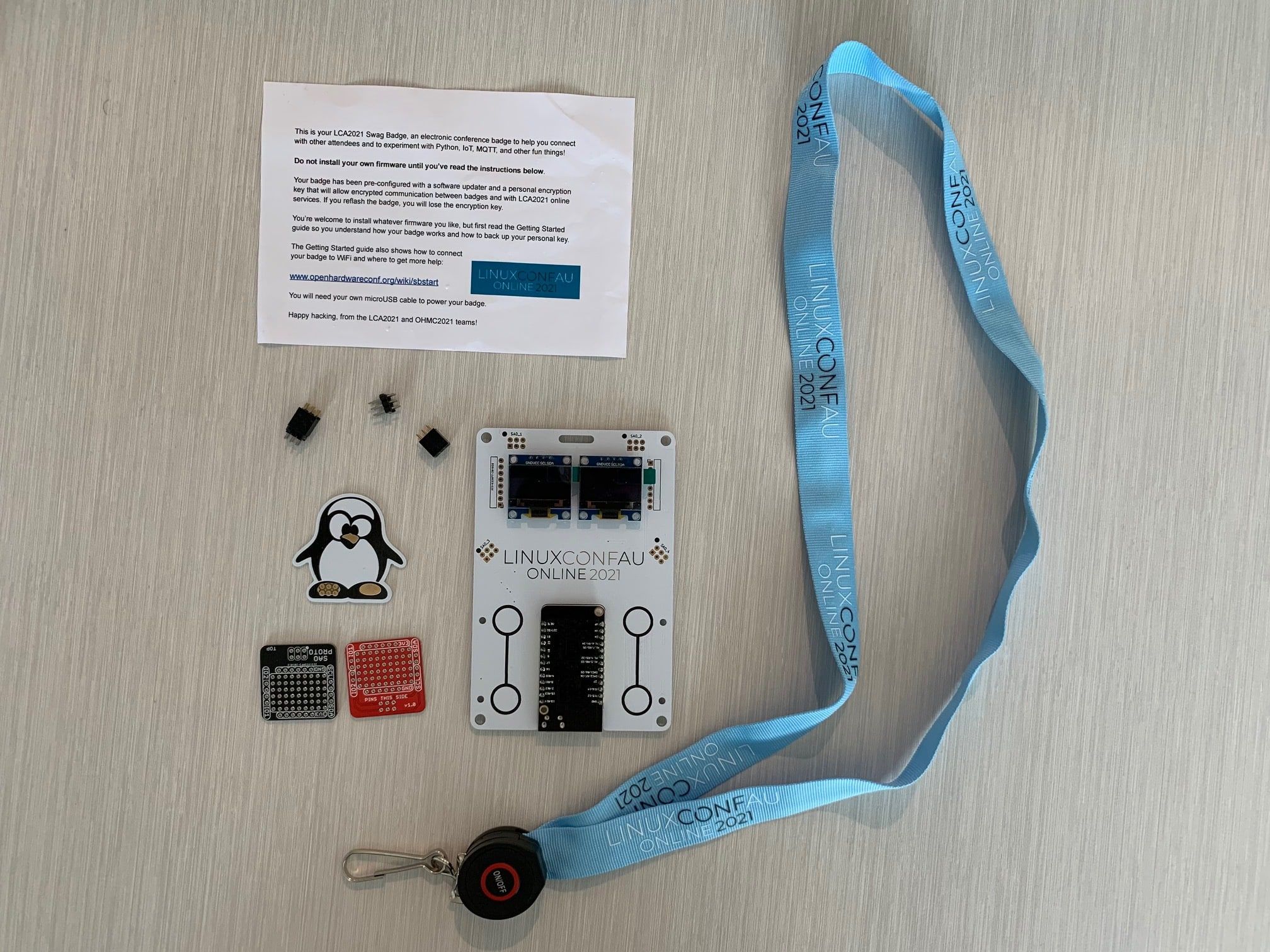
Running since 1999, linux.conf.au) is the largest Linux and open source conference in the Asia-Pacific region. The conference provides deep technical presentations from industry leaders and experts on a wide array of subjects related to open source projects, data, and open government and community engagement. Of course, Adfinis was part of it! Here are our experiences and takeaways!

On the software freedom and politics side of things, Cory Doctorow started off linux.conf.au with a talk on software freedom and digital monopolies. He went over some of the history of big monopolies and the politics around protectionism. Many of the large technology companies now innovate through acquisition rather than doing it internally. He discussed how many large companies are building walled gardens where they readily take in data from external sources but make it difficult to escape due to lack of interoperability and access. Large companies use DRM and have influenced its inclusion in law to lock down access to content.
Cory spoke about the overlap between the free software movement with other related movements. He spoke about the need for software freedom, open standards, and interoperability for protecting users, safeguarding privacy, and enabling innovation.
**So on the political side,**Paul Gardner-Stephen spoke about the possibility of a digital winter, where technology is locked down and used for surveillance, censorship, oppression, and control. Paul is particularly interested in hardware and founded the MEGA65 8-bit open hardware project, and is working on projects that enable digital sovereignty.
Michael Hackett spoke about the Cephadm tool which provides Docker and Podman containers to provision and manage a Ceph cluster, as an alternative to Ansible, Salt, and other external tools. Closer to the end of the conference, Tim Serong spoke about some of the challenges he faced with Cephadm and Docker. Tim explained how Docker creates an extra layer of abstraction and the need to understand these multiple layers when debugging issues. He expressed some difficulties adapting his existing workflow with developing and testing Ceph after switching to Cephadm since he couldn't make changes on the fly. Despite the challenges, Cephadm provides an opportunity to shift some complexity from the sysadmin to the maintainer and is a useful tool for building Ceph clusters with container technology.
der.hans presented some of his tips for managing MySQL, some of which included MySQL snapshot backups, creating a shell environment file to be sourced for multi-cluster systems, using per-table files for backend storage and other useful tips and practices to follow.
Arjen Lentz presents the setup of his own border router turned out to have a generous Swiss touch since he "decided to order two PC Engines APU 4d4 boards from the awesome Pascal in Switzerland" in order to assemble his border router. The whole setup can be found on GitHub: https://github.com/arjenlentz/routerfoo
A session on Docker, Docker Compose and Docker Swarm was presented by Matthew Cengia which showed some tools that can be used for creating and running Docker clusters. Docker Compose can be very useful for bringing up non-production environments, and Swarm more suitable for production workloads. A Docker Compose description can be deployed to a Swarm which is potentially useful for integrating a development workflow into production releases. Composer and Swarm may offer a more simple path to using Docker containers than Kubernetes, but with fewer features.
Julien Goodwin spoke about a near-miss major outage at Google and some of the take-away points he took from that experience. He spoke about the need for automated sanity checks, manual sanity checks and the need for documentation.
Deb Nicholson from the OSI spoke about the need for sustainable software projects - why in many cases a slower development model will help the community keep up, attract new contributors and keep people from burning out.
Michael Meeks, well known at Adfinis, presented Collabora Online & Mobile. When talking about the history of how Collabora Online has brought LibreOffice technology to mobile devices and web-browsers, a very familiar face showed up on one of the group photos...;-)
Curtis Millar showed a project he worked on to add module and scoped variable functionality to the POSIX shell. He explained some of the limitations, such as performance issues and lack of support in bash. He explained that in most cases the best solution would be to use the more limited POSIX shell without the language features and use other common workarounds such as subshells.
There were a number of FPGA and open hardware projects presented, including Adafruit, Swagbadge, the MEGA65 8-bit computer, RISC-V and OpenPOWER. The open hardware movement is certainly a growing one and worth watching.
All speaker presentations will be uploaded their presentation to YouTube soon.

See you next time!